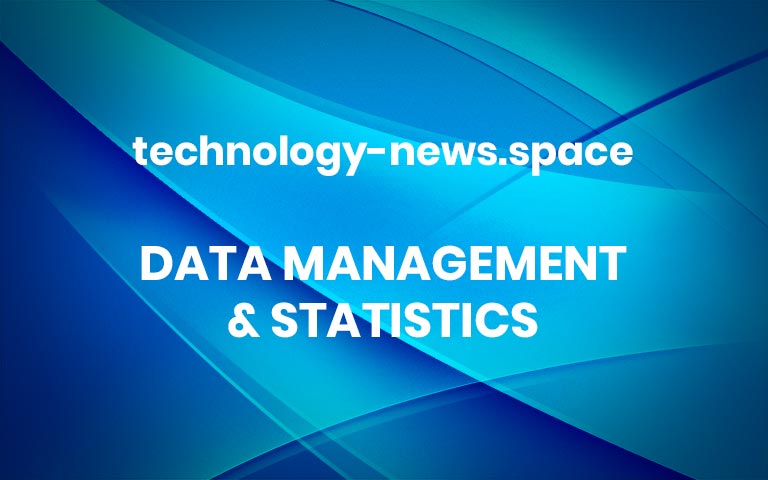This week, the first cohort of 22 students begin classes in MIT’s new master’s program in Data, Economics, and Development Policy (DEDP). The graduate program was created jointly by MIT’s Department of Economics and the Abdul Latif Jameel Poverty Action Lab (J-PAL), a research center at MIT led by professors Abhijit Banerjee, Esther Duflo, and Benjamin Olken. Banerjee and Duflo are co-recipients of the 2019 Nobel Memorial Prize in Economics.
The 22 students beginning the master’s program this week hail from 14 countries around the world, including Brazil, India, Jordan, Lithuania, Mexico, Nigeria, the United States, and Zimbabwe.
The students are pioneers of a new approach to higher education: College degrees and standardized test scores are not required for admission. Instead, applicants prove their readiness through their performance in online MITx MicroMasters courses, completing weekly assignments and taking proctored final exams.
The program’s unique admissions process reflects Banerjee, Duflo, and Olken’s ambition to democratize higher education, leveling the playing field to enable students from all backgrounds to succeed.
The makeup of the cohort reflects this nontraditional approach to admissions. Students joining the Data, Economics, and Development Policy program possess a range of professional backgrounds, with experience in finance, management consulting, and government; and with organizations like UNICEF, Google, and The New York Times — one incoming student is even joining directly from high school.
Applying data for better public policy
The master’s program combines five challenging MicroMasters courses, one semester of on-campus learning, and a summer capstone experience to provide students with an accessible yet rigorous academic experience. The curriculum is designed to equip students with the tools to apply data for more effective decision-making in public policy, with a focus on social policies that target poverty alleviation.
This includes coursework in microeconomics, econometrics, political economy, psychology, data science, and more — all designed to provide a practical, well-rounded graduate education. Many students hope to apply the knowledge they gain in the DEDP program to improve the lives of people in their home countries.
Helena Lima, an incoming student from Brazil, plans to return to Brazil after graduation. “My goal [after completing this program] is to move the needle in Brazilian public education, contributing to increase access to high-quality schools for the most vulnerable people and communities,” says Helena.
Lovemore Mawere, an incoming student from Zimbabwe, shares this sentiment. “I intend to return home to Africa after the master’s program. I believe the experience and the skills gained will embolden me to take action and lead the fight against poverty.”
Expanding access for all students
The blended online and in-person structure of the program means that students spend just one semester on campus at MIT, but program administrators recognize that costs of tuition and living expenses can still be prohibitive. Administrators say that they are working on bringing these costs down and providing scholarship funding.
“We’ve partnered with the Hewlett Foundation to provide scholarships for students from sub-Saharan Africa, and are actively seeking other funding partners who share our vision,” says Maya Duru, associate director of education at J-PAL. “The individuals who apply to this program are incredibly smart, motivated, and resourceful. We want to work with donors to establish a sustainable scholarship fund to ensure that finances are never a barrier to participation.”
Esther Duflo, the MIT professor and Nobel laureate who helped create the program, emphasized the critical importance of the program’s mission.
“It is more important now than ever to ensure that the next generation of leaders understand how best to use data to inform decisions, especially when it comes to public policy,” says Duflo. “We are preparing our students to succeed in future leadership positions in government, NGOs, and the private sector — and, hopefully, to help shift their institutional cultures toward a more data-driven approach to policy.” More


